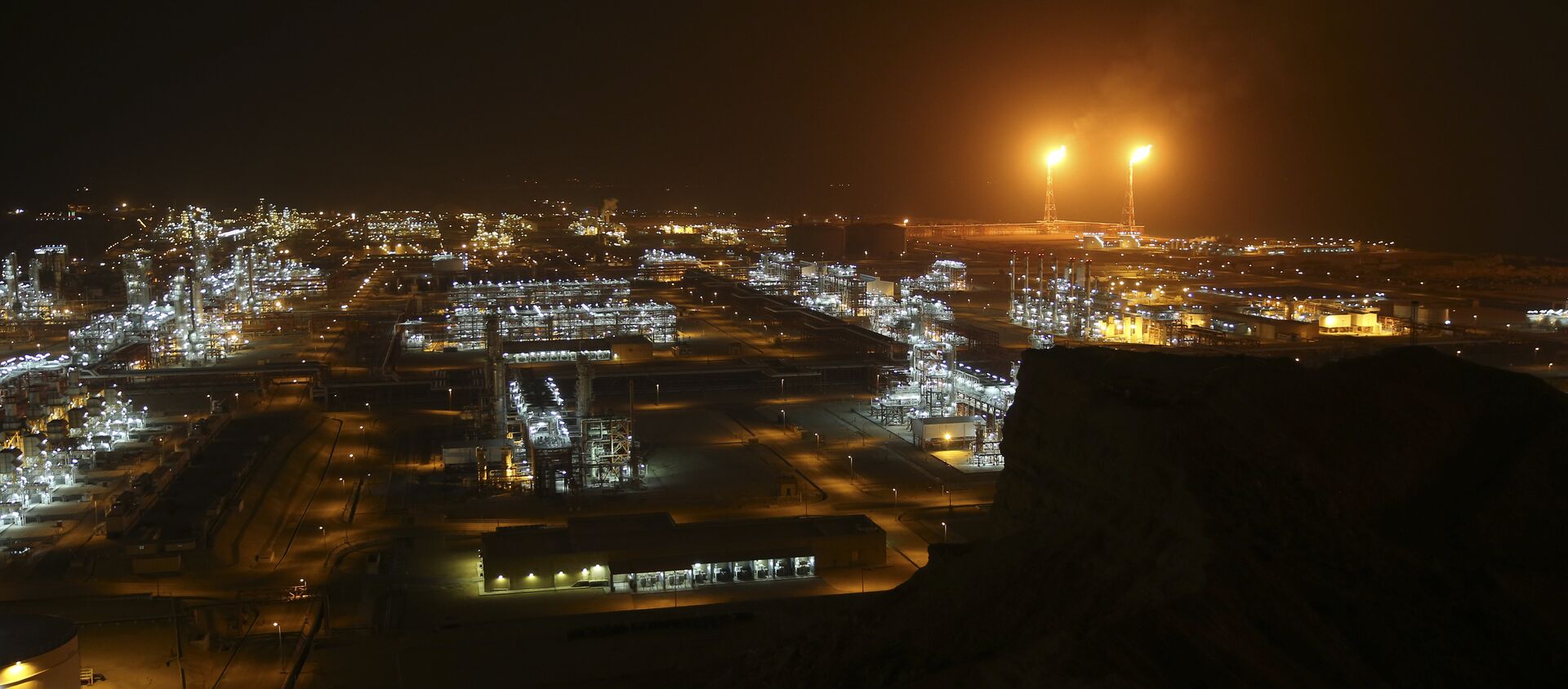Israel has reason to be concerned with the strategic cooperation agreement signed by Iran and China, particularly its section about military cooperation, Israeli Air Force general (ret.) and former Israel Defence Forces Military Intelligence Directorate chief Amos Yadlin has said.
“One of the most worrying clauses in the agreement between Iran and China is intelligence sharing,” Yadlin, who now heads the Tel-Aviv-based Institute for National Security Studies think tank, told Ynet News on Monday.
The former commander said intelligence cooperation, along with joint military drills and military research and development, were problematic for Tel Aviv, particularly as Beijing continues to support Tehran diplomatically in its Joint Comprehensive Plan of Action nuclear agreement-related spat with Washington.
“On the one hand, China opposes Iran having a nuclear bomb, but on the other, it’s not helping to stop it. Iran, too, needs the political protection in which China would stop the United States from pressuring it. The Chinese understand that the Biden administration is not the Trump administration and can be much more aggressive,” Yadlin said.
The joint statement by Iran and China on the Comprehensive Strategic Partnership agreement does not go into detail on intelligence sharing in its 20-point “roadmap” for the development and deepening of Iran-China ties.
In the defence realm, article 16 of the communique, which has been published on President Hassan Rouhani’s official website, states that:
“Both sides view the enhancement of communications and exchanges between their Armed Forces and Ministries of Defence as contributing to stability and security and shall increase the exchange of delegations, consultations and coordination at various levels and shall upgrade the level of the Armed Forces of the two countries through cooperation mechanisms in the fields of human resource training, fighting terrorism and exchange of information, as well as equipment and technology.”
Earlier on Monday, following some confusion on whether the agreement includes major Chinese investment commitments, Chinese Foreign Ministry spokesman Zhao Lijian clarified that the pact “focuses on tapping the potentials in economic and cultural cooperation and charting a course for long-term cooperation,” adding that it does not include “any quantities, specific contracts and goals nor targets any third party.”
Iranian officials’ cautious optimism about Biden’s election in November has soured in the months since his inauguration, with Washington saying it will not remove sanctions unless Tehran dramatically reduces its uranium enrichment activities first. Iran insists that because the US side was the one that abrogated the nuclear agreement, it’s up to Washington to show good will and lift sanctions before Tehran can return to its commitments.
Israel successfully lobbied the Trump administration to withdraw from the nuclear deal in 2018, and has warned repeatedly that it would not tolerate a nuclear-armed Iran. Prime Minister Benjamin Netanyahu has spent the better part of the past decade suggesting that Iran is on the brink of obtaining its first nuke, being either “weeks” or “months” away. Tehran has denied that it has any intentions in that direction, with a religious edict by the Islamic Republic’s supreme leader banning the pursuit of nuclear weapons.





